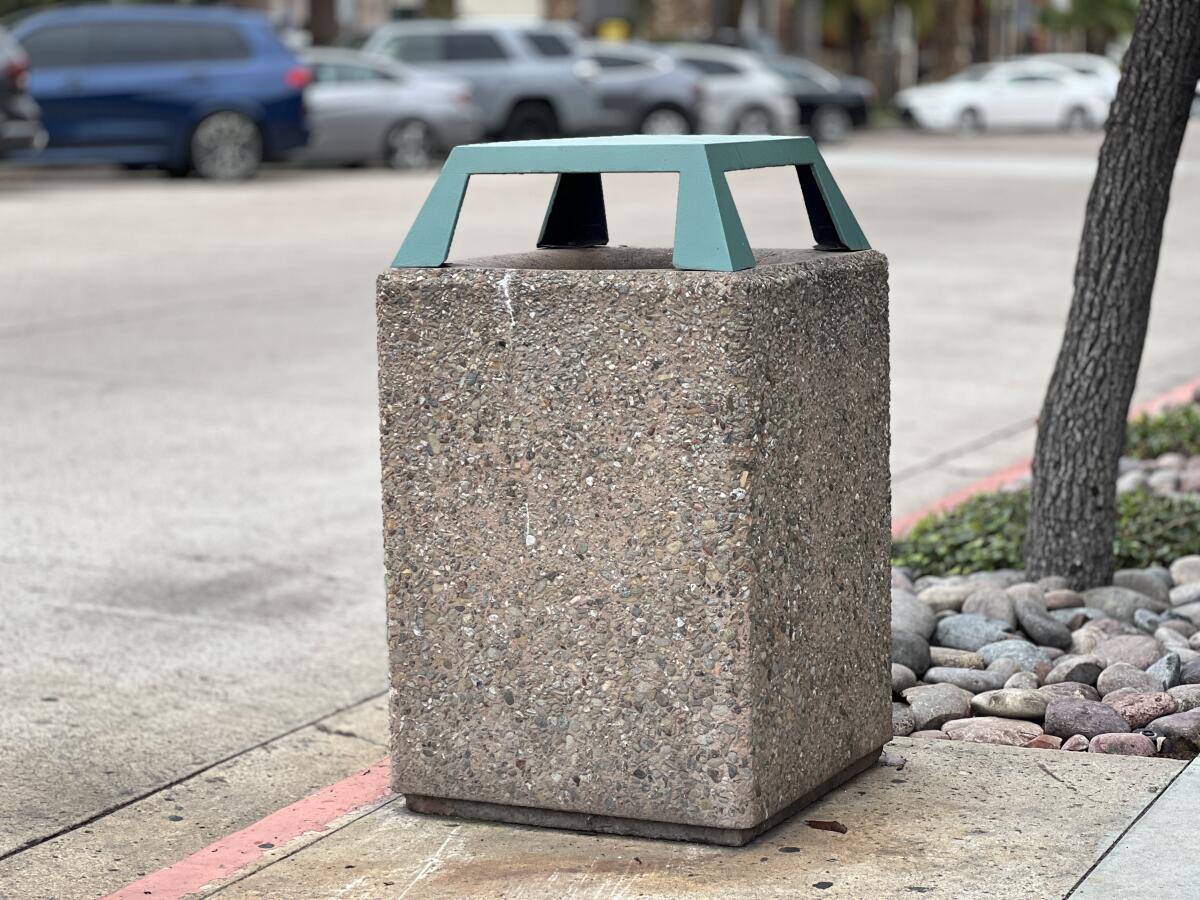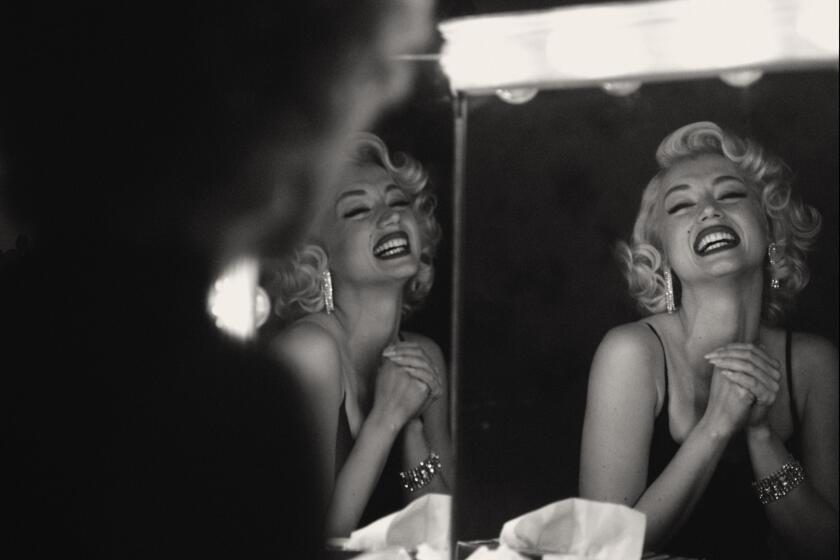A Word, Please: The grammar rule that isn’t a rule that won’t go away

When I started writing this column in the early aughts, people would say it’s wrong to end a sentence with a preposition. They said it to me — every time I did it.
This idea was one of many myths that had been fashionable in classrooms in the 1950s and ’60s and had incredible staying power, perhaps because they allowed people to play gotcha with others’ grammar which, let’s face it, is pretty satisfying. Decades later, long after English class curricula abandoned these ideas, people continued to believe and repeat them.
As a grammar columnist, I’ve spent a lot of time setting the record straight, citing respected authorities like Strunk and White’s “The Elements of Style,” which clearly says that it’s OK to end a sentence with a preposition. I figured I’d be trying to clear the air on this matter forever.
In recent years, I’ve noticed a shift. The die-hard misconceptions that were so popular in recent decades are fading. My myth-busting services are getting less valuable by the minute. But then, just when I think this never-was-a-rule rule has landed in the dustbin of history, I come across this “12 Common Grammar Mistakes You’re Probably Making Right Now” list in Business Insider. Number 10 on their list of mistakes: ending sentences with prepositions.
I guess the rumors of my irrelevance have been slightly exaggerated.
Prepositions are little words like “with,” “at,” “from,” “to,” “until,” “during,” “including” and many more. Many of them refer to physical proximity, like “from” in “the object fell from the sky,” and like “around” in “she ran around the house.” But others don’t, like “before” in “get it done before tomorrow” and “except,” as in “I saw every episode except the last one.”
Prepositions take objects — nouns or pronouns like “Mary” in “with Mary” or “the moon” in “to the moon.” The prepositions show relationships between the object and the rest of the sentence. “I’m talking with Mary. The rocket will go to the moon.”
The official job of words like “myself” and “yourself” is to reflect back on the subject of a sentence, but that’s not their only job.
Look closer and you can see the logic behind the myth: Prepositions take objects, so it’s weird to separate the two and leave the preposition just hanging out at the end of a sentence: “Mary is the person I’m talking with. The moon is the place the rocket will go to.”
You can also see that these forms are a little awkward. Clearly, it’s often best to follow a preposition with its object instead of stranding it alone at the end of a sentence.
But that doesn’t mean it’s wrong to end a sentence (or a clause within a sentence) with a preposition. And every expert out there agrees.
Merriam-Webster’s Dictionary of English Usage says, “Recent commentators — at least since Fowler 1926 — are unanimous in their rejection of the notion that ending a sentence with a preposition is an error or an offense against propriety.”
The above referenced lexicographer H.W. Fowler described this belief as a “superstition.”
The most famous pushback against this myth, “This is the kind of pedantry up with which I shall not put” (or any of several similarly worded variations), is often attributed to Winston Churchill. The real author is unknown, as research by linguist and columnist Ben Zimmer has revealed. But the lessons are clear. There’s no rule against ending sentences with prepositions and doing so — for example by contorting your sentence to avoid a simple wording like “put up with” — can be a terrible idea.
June Casagrande is the author of “The Joy of Syntax: A Simple Guide to All the Grammar You Know You Should Know.” She can be reached at [email protected].
All the latest on Orange County from Orange County.
Get our free TimesOC newsletter.
You may occasionally receive promotional content from the Daily Pilot.




